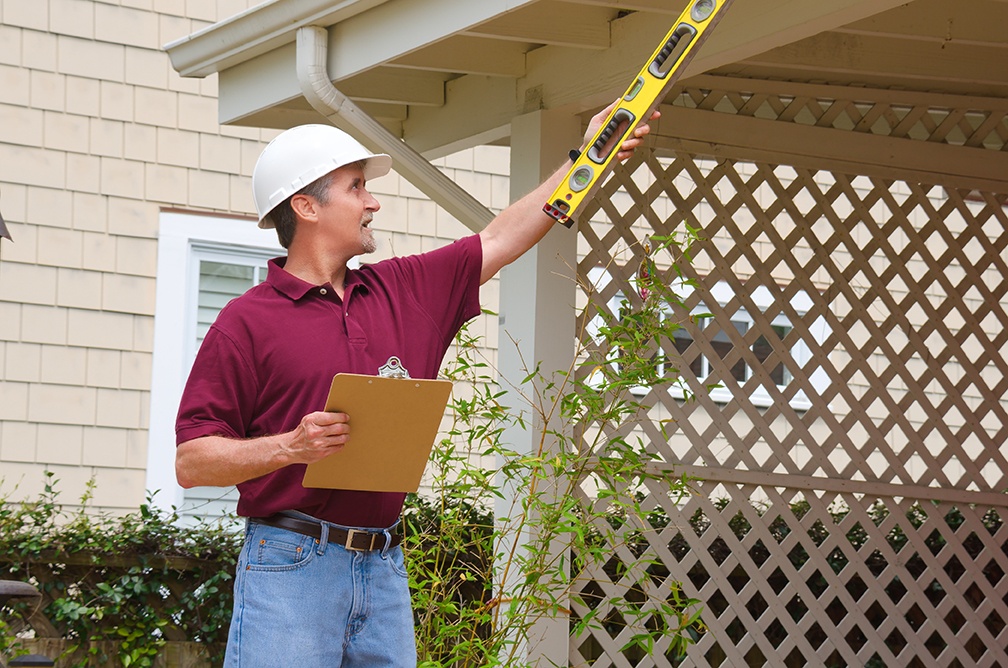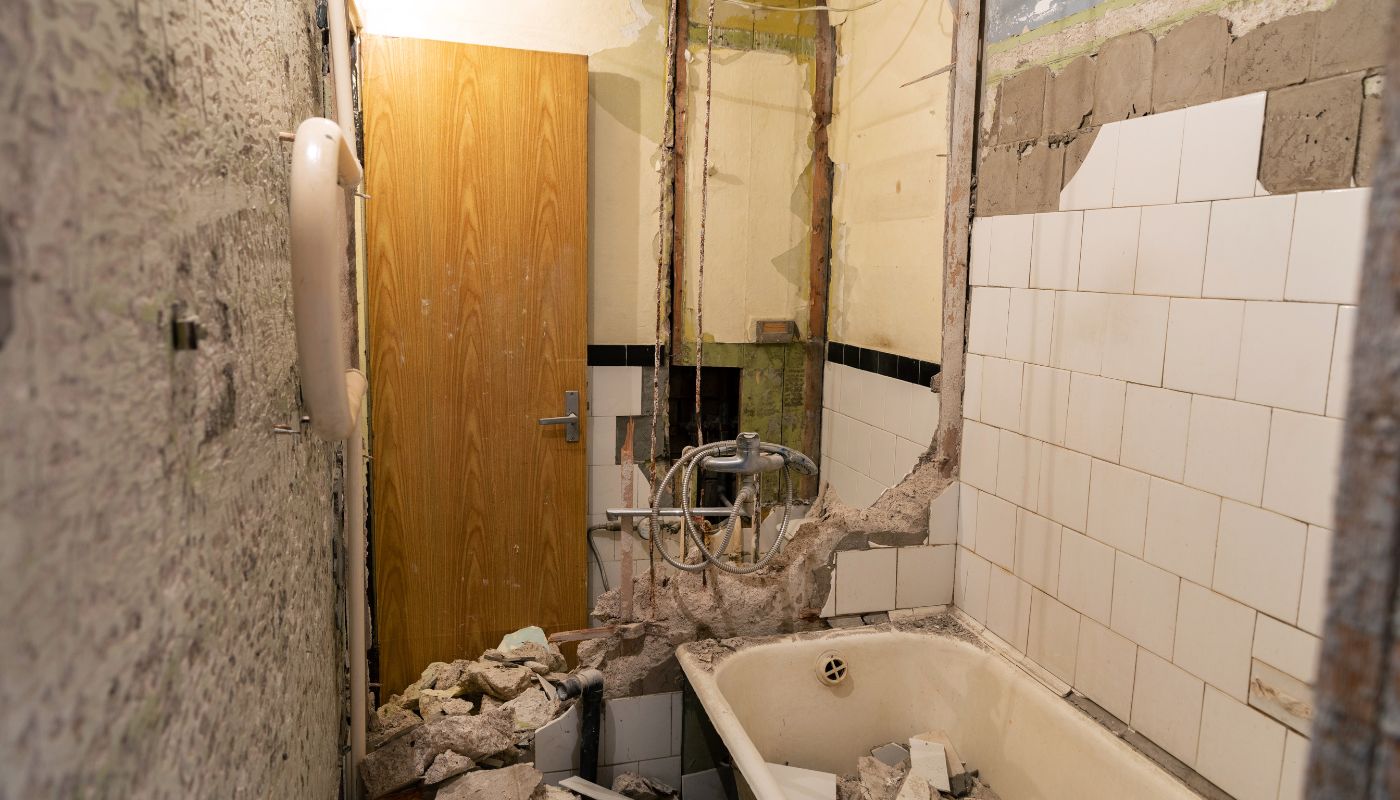5 Things To Know About Severe Weather And Homeowners Insurance
 The average homeowner feels secure knowing they have insurance in the event of a severe weather calamity. Most people believe that no matter what happens, they have paid for protection against disaster.
The average homeowner feels secure knowing they have insurance in the event of a severe weather calamity. Most people believe that no matter what happens, they have paid for protection against disaster.
Unfortunately, not every homeowners insurance policy provides full reimbursement from severe weather losses. Hurricanes, tornados, earthquakes and other rare catastrophes may not be covered under your current policy.
Consider the impact of these extreme events and whether you are fully insured for the subsequent losses.
1: Hurricane Damage May Not Be Fully Covered
The recent national mobilization to deal with the fallout from Hurricane Florence highlights just how catastrophic severe weather can be to people and property. That being said, homeowners generally anticipate calling their insurance carrier to file a claim after returning home and assessing the damage.
It may come as a surprise, but many policies limit reimbursement to damage attributed to high winds. For example, a tree falls on a garage or vehicle and the insurance outfit writes a check.
But damage attributed to water can be tricky. Many policies do not cover flood insurance. That could mean that water backed up in the street or a stream, lake or pond overflowing into your home might not be covered. That’s why homeowners are advised to clarify water-related coverage.
2: Floods May Not Be Covered
People living near bodies of water may be required to carry flood insurance when applying for a mortgage. Flooding represents a high risk that can result in a total loss. Lenders are often apprehensive about approving mortgages for properties in so-called “floodplains.”
FEMA offers coverage through the National Flood Insurance Program. Homeowners living just outside a flood zone may not be required to buy additional coverage. However, you are taking a significant risk.
If your policy does not cover flooding, you could be on the hook for the full cost of the home’s repair or replacement. Considering the average flood insurance policy runs about $700, it may be worth the expense to protect your investment.
3: Tornado Insurance Coverage Can Be Murky
Although most policies cover damage from tornados, premiums can run higher in regions prone to these severe weather storms. But, like hurricanes, tornados that additionally bring about flooding can pose a problem for homeowners who make a claim. A carrier may conclude that the high wind and impact damage enjoys coverage. Water, however, can be a very gray area.
4: Earthquakes Often Not Covered
Like people who live in flood plains, earthquake riders may be required in certain areas of the country. Without additional coverage, the destruction caused by these catastrophic events may not be reimbursed. It’s imperative that people living in or around regions prone to earthquakes carry specific coverage. Imagine losing your home and still owing a monthly mortgage payment.
The important thing to glean from this overview about severe weather claims is that homeowners are wise to dig deep into their policies and have a clear, concise understanding about coverage. Keep in mind that water damage from flooding, rain and even sewer back-ups pose a significant threat to your home. For a few dollars more, enhanced severe weather insurance may be worth every penny.
Homeowner’s insurance is a requirement for most home loans. It’s important to note that some properties at high risk may not qualify for financing or you may find that insurance for high risk properties adds too much to your bottom line. Consult your trusted home mortgage professional to find out what specific insurance is necessary to finance your new home.

 Buying a new home is an exciting and significant milestone in anyone’s life. However, it’s essential to approach the homebuying process with caution and thoroughness to ensure that you’re making a sound investment. One crucial step in the homebuying journey is the home inspection. A home inspection is a comprehensive evaluation of a property’s condition, aiming to uncover any potential issues or concerns that could affect its value or safety. Below are some tips to remember when navigating a home inspection.
Buying a new home is an exciting and significant milestone in anyone’s life. However, it’s essential to approach the homebuying process with caution and thoroughness to ensure that you’re making a sound investment. One crucial step in the homebuying journey is the home inspection. A home inspection is a comprehensive evaluation of a property’s condition, aiming to uncover any potential issues or concerns that could affect its value or safety. Below are some tips to remember when navigating a home inspection. The bathroom is one of the most important and frequently used spaces in a home. Over time, it may start to show signs of wear and tear or become outdated. If you’re considering renovating your bathroom, one of the first decisions you’ll face is whether to tackle the project yourself or hire a professional. Both options have their pros and cons, and it’s essential to weigh them carefully before deciding.
The bathroom is one of the most important and frequently used spaces in a home. Over time, it may start to show signs of wear and tear or become outdated. If you’re considering renovating your bathroom, one of the first decisions you’ll face is whether to tackle the project yourself or hire a professional. Both options have their pros and cons, and it’s essential to weigh them carefully before deciding. Many millennials find home buying overwhelming due to a variety of factors such as high housing prices, student loan debt, competition from investors, economic uncertainty, and a lack of knowledge about the home-buying process. These challenges can make it difficult for millennials to save enough money for a down payment, find a suitable property, and navigate the complex process of buying a home.
Many millennials find home buying overwhelming due to a variety of factors such as high housing prices, student loan debt, competition from investors, economic uncertainty, and a lack of knowledge about the home-buying process. These challenges can make it difficult for millennials to save enough money for a down payment, find a suitable property, and navigate the complex process of buying a home. Are you planning on using a mortgage to help cover the cost of a new home? If so, you will want to prepare your finances and figure out how you will manage all those wallet-draining monthly expenses. Let’s take a look at how to run a quick financial health check to ensure you are ready to apply for a mortgage.
Are you planning on using a mortgage to help cover the cost of a new home? If so, you will want to prepare your finances and figure out how you will manage all those wallet-draining monthly expenses. Let’s take a look at how to run a quick financial health check to ensure you are ready to apply for a mortgage.